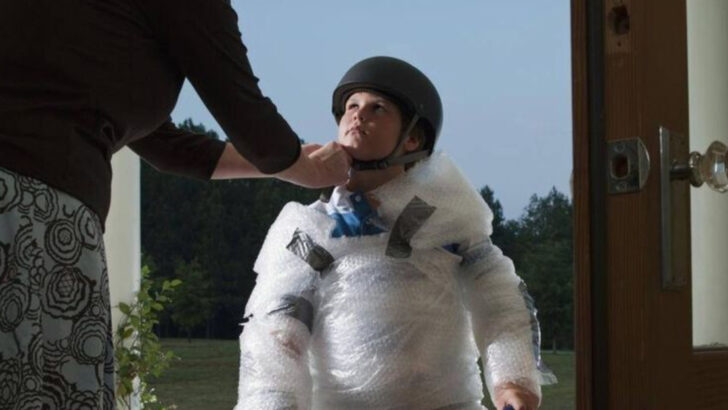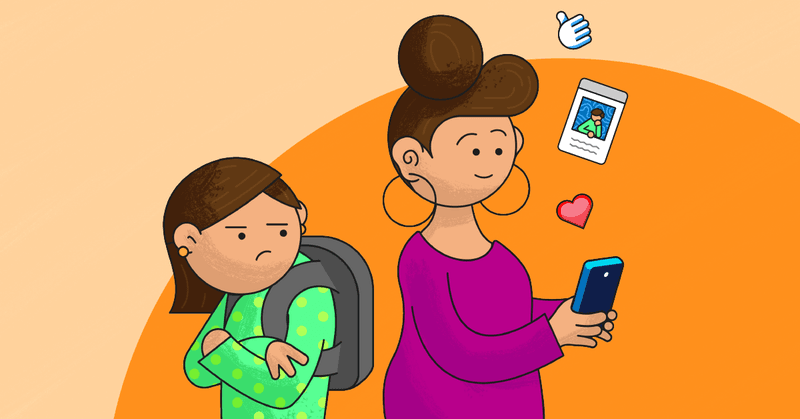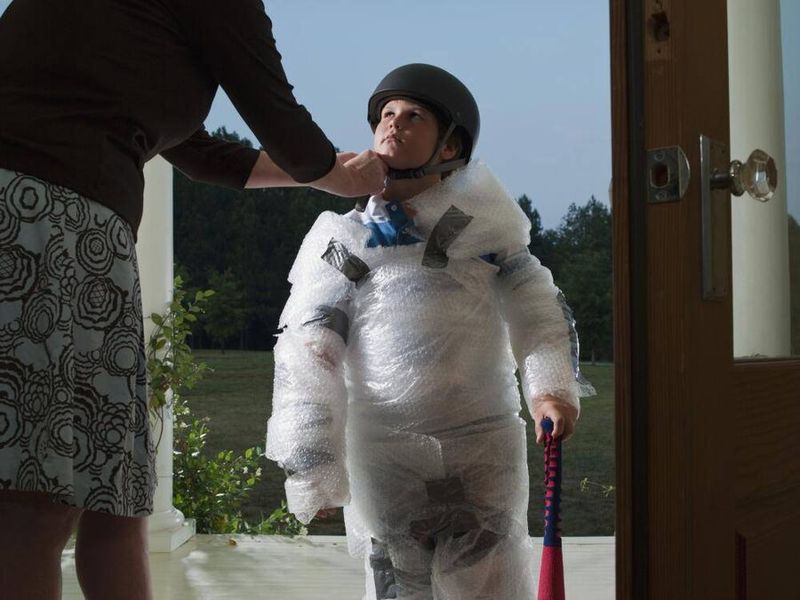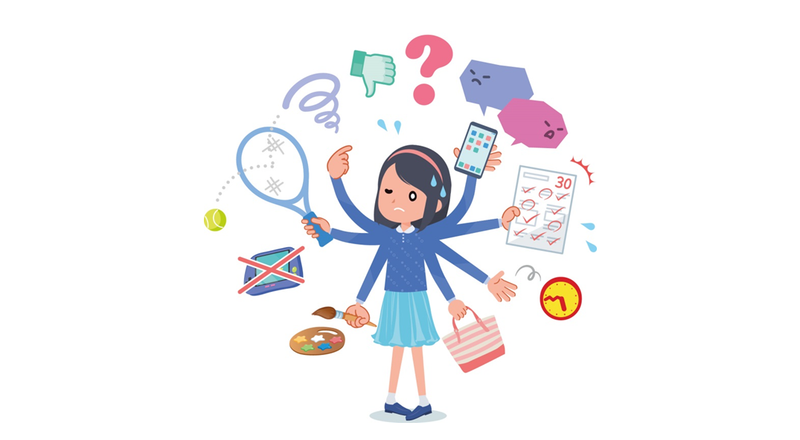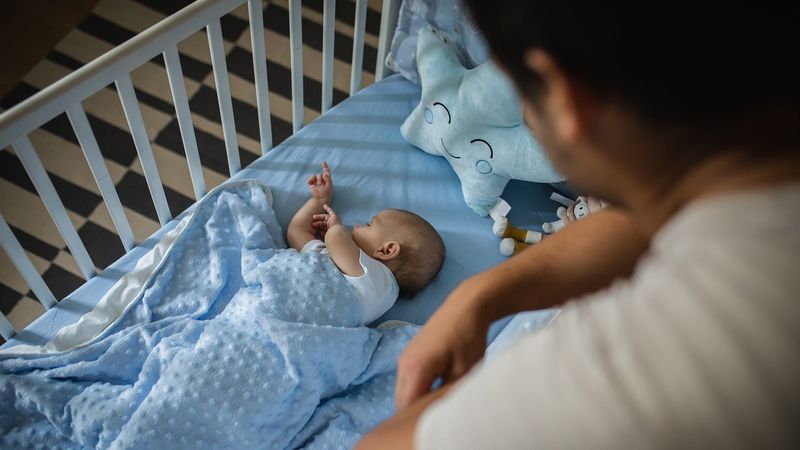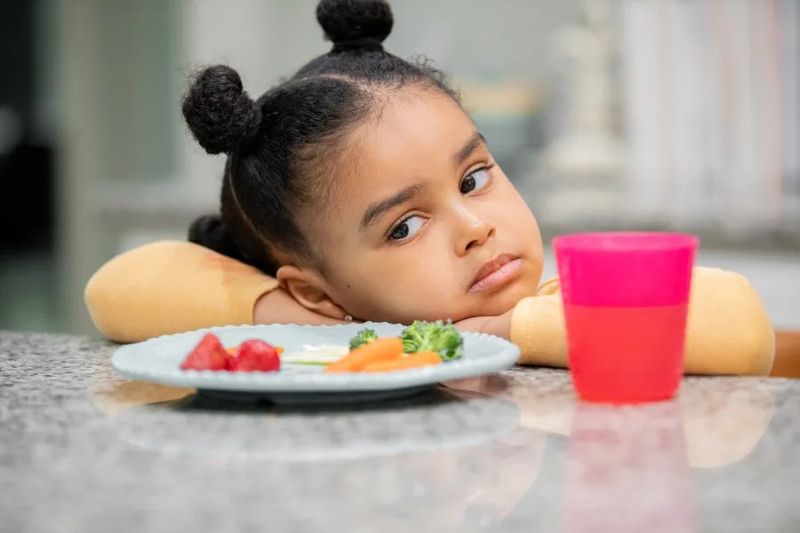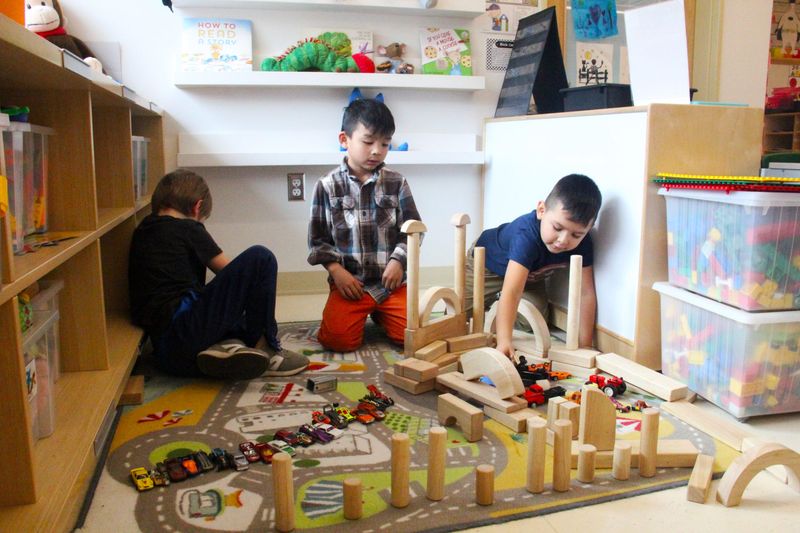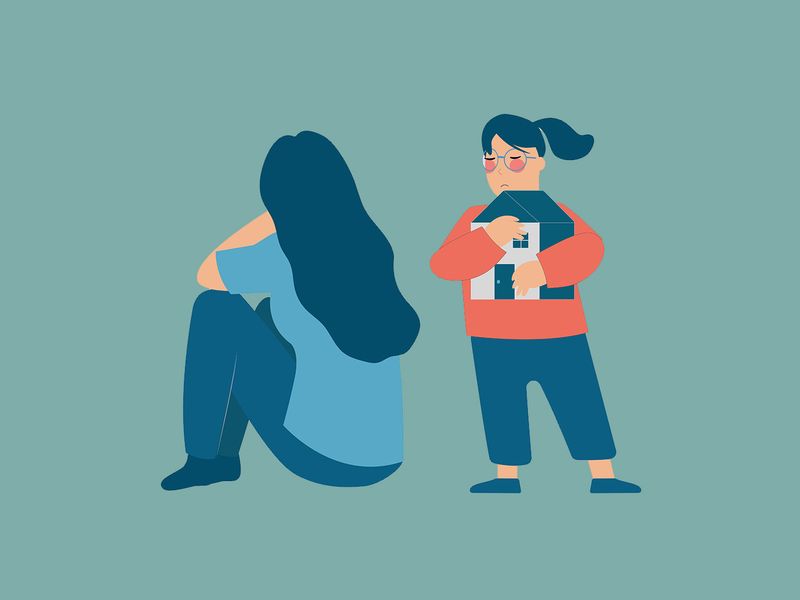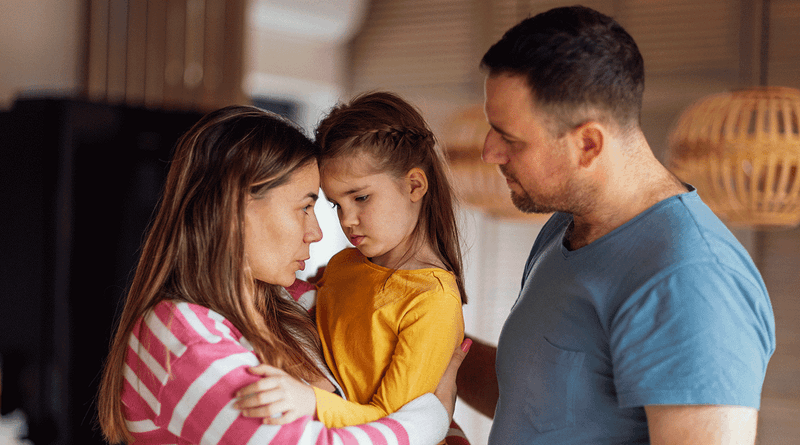Parenting fads come and go faster than you can say “gentle parenting TikTok.” Some of them are innocent and fun, like matching pajamas or themed birthday cakes. But every now and then, a trend pops up that makes you stop and clutch your pearls.
Child psychologists are warning that some of these so-called modern parenting hacks can mess with your kid’s heart, mind, and future. It’s not about shaming—most of us are just doing our best with what we know.
But there are a few parenting habits floating around that experts say can stick with kids long after the TikTok trend fades. If you love a little honesty and want the real talk on trends you may want to rethink, pull up a chair. Let’s get into it—before any more tiny lives get caught in the crossfire.
1. Over-sharenting: Broadcasting Childhood Online
Who hasn’t felt that urge to share a hilarious meltdown or a proud milestone online? It feels so innocent—until you realize you’re building a digital scrapbook your child never asked for.
Child psychologists warn that posting every moment can seriously damage kids’ trust. When your little one grows up and finds their tantrums and embarrassing moments shared with the world, it’s not just awkward—it can feel like a betrayal.
Oversharing can invite creepy strangers, but it also chips away at your child’s sense of privacy. The next time you’re about to hit “post,” ask yourself: Is this memory for me, my friends, or my child?
2. Helicopter Parenting: Hovering Over Every Move
Há a difference between helping your child and trying to bubble-wrap their whole world. Parents who hover over every decision may think they’re helping, but that grip can feel like a straightjacket.
Instead of building confidence, constant intervention can spark anxiety. Kids start to doubt their own abilities, and suddenly, asking for help at every turn becomes the norm.
Letting go is harder said than done, I know. But every kid deserves a chance to trip, dust themselves off, and learn their own lessons—even if it makes us sweat a little.
3. Boundary-Free ‘Gentle Parenting’ Gone Wild
Everyone loves the idea of being the calm, understanding mom. But when “gentle” turns into “anything goes,” things can spiral.
Child psychologists say structure is just as loving as empathy. Kids crave limits—they make the world feel safer. Take away all rules and suddenly, home turns chaotic, which can stress even the smallest family member.
A balance between kindness and clear boundaries is the real secret sauce. Kids can feel loved and heard and still know who’s running the show.
4. Over-Scheduling: When Childhood Becomes a To-Do List
Extra activities should sprinkle a little fun, not leave kids gasping for air. There’s pressure to sign up for every club, sport, and lesson, but when does anyone get to just breathe?
Psychologists say jam-packed calendars can crank up stress for the whole family. Kids need time to be bored, daydream, and figure out what excites them.
If your child’s happiest memories involve car rides between activities, it’s time to rethink that color-coded calendar. Less can really be more, especially for little brains.
5. Screens as Stand-In Babysitters
Screens are the modern parent’s secret weapon—until they turn into a crutch. Handing off the tablet buys you precious quiet time, but hours can disappear before you know it.
Experts warn that excessive screen time can scramble sleep, shorten attention spans, and even fuel mood swings. Sure, sometimes you need a sanity break, but kids miss out on real-world play and connection if screens take center stage.
Try mixing in tech-free moments. Even twenty minutes of building blocks or silly faces can do wonders for both of you.
6. ‘Best Friend’ Parenting: Blurred Lines and Big Consequences
It’s sweet to want a close bond, but being your child’s “BFF” can muddle the roles. When parents swap guidance for giggles, children lose out on the safety that comes with clear boundaries.
Psychologists say kids need grownups to guide, not just cheer them on. If you’re always the “cool mom” who never says no, your child might miss out on learning self-control and respect.
Be the loving adult who listens—and isn’t afraid to set limits, even if you’re not always the favorite.
7. Sleep Training Extremes: Too Rigid or Nonexistent
Sleep drama is the real rite of passage for new parents. From rigid sleep schedules to zero routine, both extremes can mess with your baby’s development.
Child psychologists caution that ignoring a baby’s cues can hurt their trust and emotional security. On the flip side, refusing any sleep structure can leave everyone exhausted and cranky.
A middle ground lets babies learn to soothe themselves while still feeling safe. A little flexibility and a lot of patience go a long way in the sleep department.
8. Shaming Kids in Public (or Online): Humiliation Isn’t a Lesson
I’ve seen viral videos of kids being punished on camera and it always makes my stomach turn. Public shaming, online or in person, isn’t discipline—it’s humiliation.
Psychologists say kids remember that sting for years. Instead of learning right from wrong, they learn to fear and resent the people they should trust most.
Discipline done with respect builds character. Outing a child’s mistakes for likes or laughs does the opposite—and it can haunt them into adulthood.
9. Food as a Bargaining Chip: Rewards and Punishments
Ever promised dessert for eating veggies? It’s such a classic move, but child experts say it’s risky. Tying food to behavior can set kids up for a lifetime of weird eating habits.
When food becomes a prize or punishment, children stop listening to their bodies and start eating for approval. This can lead to emotional eating, picky habits, or power struggles at the table.
Instead, make meals about connection and curiosity. The less drama at dinner, the healthier everyone feels—inside and out.
10. Academic Overdrive: Kindergarteners With Homework?
When did kindergarten turn into a second job? The push for early academics is everywhere—from flashcards to after-school tutoring, even for little ones barely out of preschool.
Psychologists caution that this rush to excel can flatten curiosity and spark anxiety. Kids learn best through play, not constant drills.
Celebrate wonder, not just worksheets. A child who loves learning is better off than one who’s just trying to keep up with the next spelling test.
11. Minimizing Kids’ Emotions: “You’re Too Sensitive”
Ever catch yourself brushing off a meltdown with “You’re fine”? We’ve all done it, but psychologists say it can shut down emotional growth.
When adults dismiss big feelings, kids learn to hide or ignore their emotions. That bottled-up stuff doesn’t go away—it just comes back stronger later.
Instead, try listening, even if it feels dramatic. Kids who feel safe expressing their emotions learn to handle them instead of fearing them.
12. Overloading Kids With Adult Worries
Some days, you want to vent about bills or your overwhelming boss. But when adult problems spill over, kids end up holding worries that aren’t theirs to carry.
Child psychologists say taking on grownup stress can make kids anxious and rob them of their sense of security. They start to feel responsible for fixing things they can’t control.
Protect their innocence whenever possible. It’s healthy to be honest, but let kids be kids—they have plenty of time to tackle life’s messes later.
13. Rescue Missions: Not Letting Kids Fail
Watching your child struggle is tough—sometimes tougher than dealing with the tantrum that follows. But stepping in every time robs kids of resilience.
Learning from mistakes is how confidence is built. When kids never get to mess up, they freeze at the first sign of trouble.
Letting them fail (and try again) teaches grit. You’ll both survive a few small disasters, and your child will be stronger for it.
14. Sticky Labels: “Shy,” “Difficult,” “Wild”
Calling your child the “shy one” or “handful” might seem harmless, but labels stick. Psychologists say these nicknames can follow them for years, shaping how others see them—and how they see themselves.
Labels can box kids in, making it harder for them to try on new behaviors or grow. No one wants to be defined by a single word, especially when you’re still figuring out who you are.
Swap the labels for curiosity. Ask what’s going on beneath the behavior and help your child write their own story.
15. Running on Empty: Ignoring Your Own Mental Health
There’s this myth that good moms always put themselves last. But running on fumes isn’t helpful for anyone—not you, not your child.
Psychologists urge parents to prioritize their own wellbeing. When you’re stretched too thin, you model anxiety, exhaustion, and even resentment.
Check in with yourself, find support, and ditch the guilt. A rested, happy parent is the best foundation a child can have.

